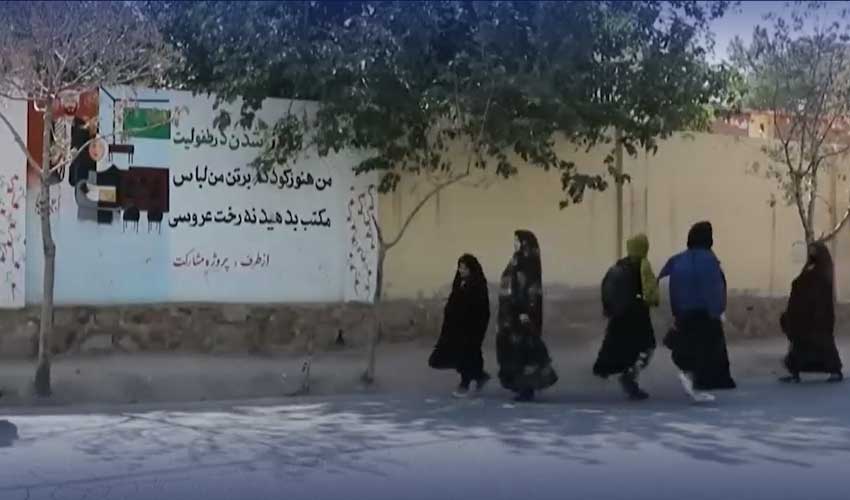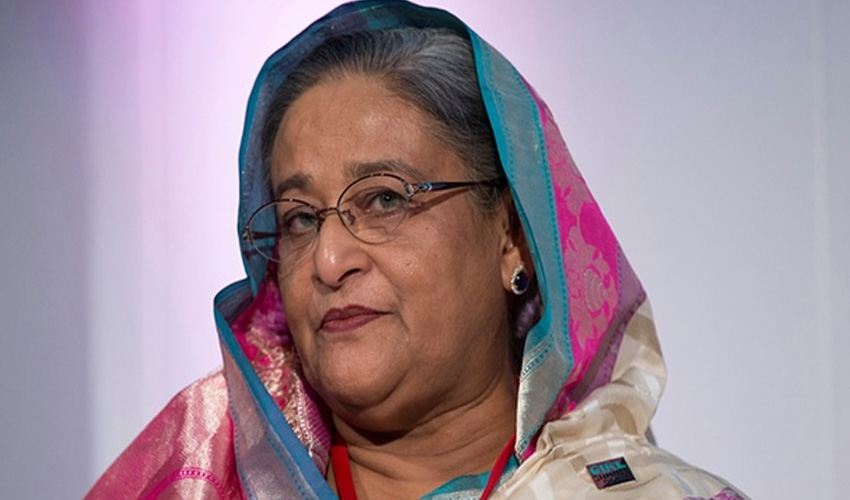The Taliban's return to power in Afghanistan has led to a renewed ban on girls' education, significantly impacting various sectors, including medicine.
Reports indicate that shortly after regaining control, the Taliban reinstated a ban on girls' education in Afghanistan, causing severe repercussions in the field of medicine.
According to the United Nations, a staggering 80% of school-age girls in Afghanistan are now deprived of education. UNICEF adds that over 100,000 girls have been directly affected by these restrictive measures.
One consequence of these prohibitions is the worsening of the shortage of women in the healthcare sector.
This, in turn, poses a considerable challenge during medical emergencies, where the expertise and contributions of female healthcare professionals are crucial.
Among those affected is a Kabul resident student who was pursuing her graduation at Kabul Medical School.
Tragically, her educational journey was cut short as the Taliban reimposed restrictions on girls' education, preventing her from completing her degree.
Despite allowing Afghan women to work in the healthcare sector, the Taliban has simultaneously closed the doors of education for countless other girls.
This includes potential doctors, nurses, and various other professionals who could contribute significantly to the nation's healthcare system.
Even before the latest restrictions, more than 3,000 women who graduated from medical schools were barred from taking board exams necessary for practising medicine.



























